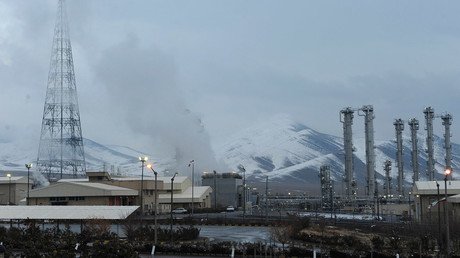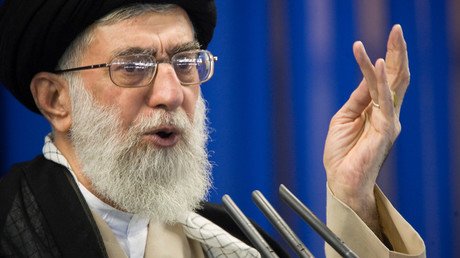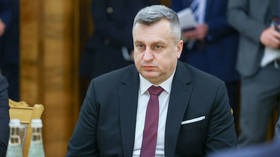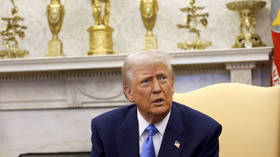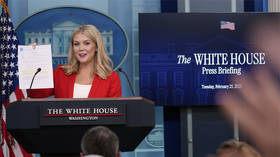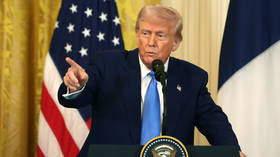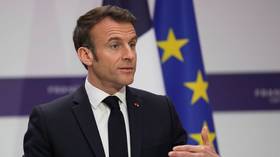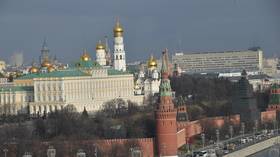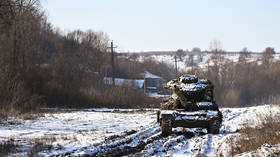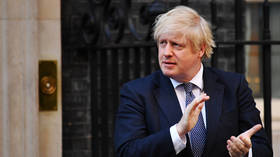Netanyahu to speak to Trump about West’s ‘bad’ nuclear deal with Iran
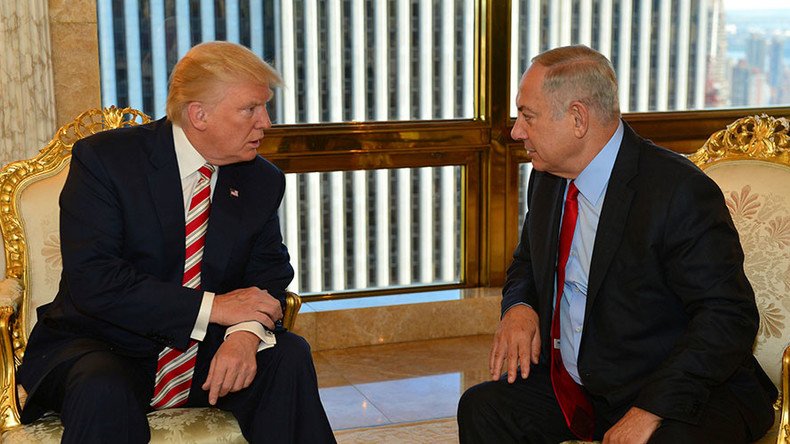
Israeli PM Benjamin Netanyahu says he will speak to Donald Trump about the West's “bad” nuclear deal with Iran after he becomes president. Meanwhile, US Secretary of State John Kerry defended the deal at a separate conference.
"Israel is committed to preventing Iran from acquiring nuclear weapons. That has not changed and will not change. As far as President-elect Trump, I look forward to speaking to him about what to do about this bad deal," Netanyahu told the Saban Forum, a Washington conference on the Middle East, via satellite from Jerusalem on Sunday.
"The problem isn't so much that Iran will break the deal, but that Iran will keep it because it just can walk in within a decade, and even less... to industrial-scale enrichment of uranium to make the core of an arsenal of nuclear weapons," Reuters reported Netanyahu as telling the forum.
Under the deal between Iran and six major world powers, including the US, Tehran agreed to reduce the number of its centrifuges by two-thirds, cap its uranium enrichment below the level needed for bomb-grade material, reduce its enriched uranium stockpile from around 10,000 kg to 300 kg for 15 years, and agreed to international inspections. In return, the Western countries agreed to lift international sanctions on Iran.
But despite the deal being hailed by outgoing President Barack Obama as a way to halt Iran's alleged drive to develop nuclear weapons – an accusation which Tehran denies – President-elect Trump is far less enthusiastic about the deal, calling it a “disaster” and “the worst deal ever negotiated” while campaigning for the White House. He told an American Israel Public Affairs Committee (AIPAC) conference in May that his “number one priority” was to dismantle the deal.
Netanyahu's Sunday remarks come after the leader has remained largely silent on the deal for months, while Tel Aviv and Washington negotiated a 10-year, $38 billion military aid package for Israel. His silence was a far cry from his very vocal opinions in 2015, when he addressed US Congress, delivering a warning against agreeing to the pact.
Speaking later Sunday to another conference in Washington, US Secretary of State John Kerry sang an entirely different tune, defending the Iran nuclear deal and arguing that its monitoring provisions will allow for the ability to detect any nuclear progress made by Tehran, “in which case every option that we have today is available to us then."
Kerry also took the opportunity to push Tel Aviv to halt the construction of Jewish settlements on West Bank territory seized in a 1967 war with the Palestinians, and rejected the idea that Israel might make a separate peace with Arab nations that share its concerns about Iran.
"No, no, no and no," Kerry said. "There will be no advance and separate peace with the Arab world without the Palestinian process and Palestinian peace."
